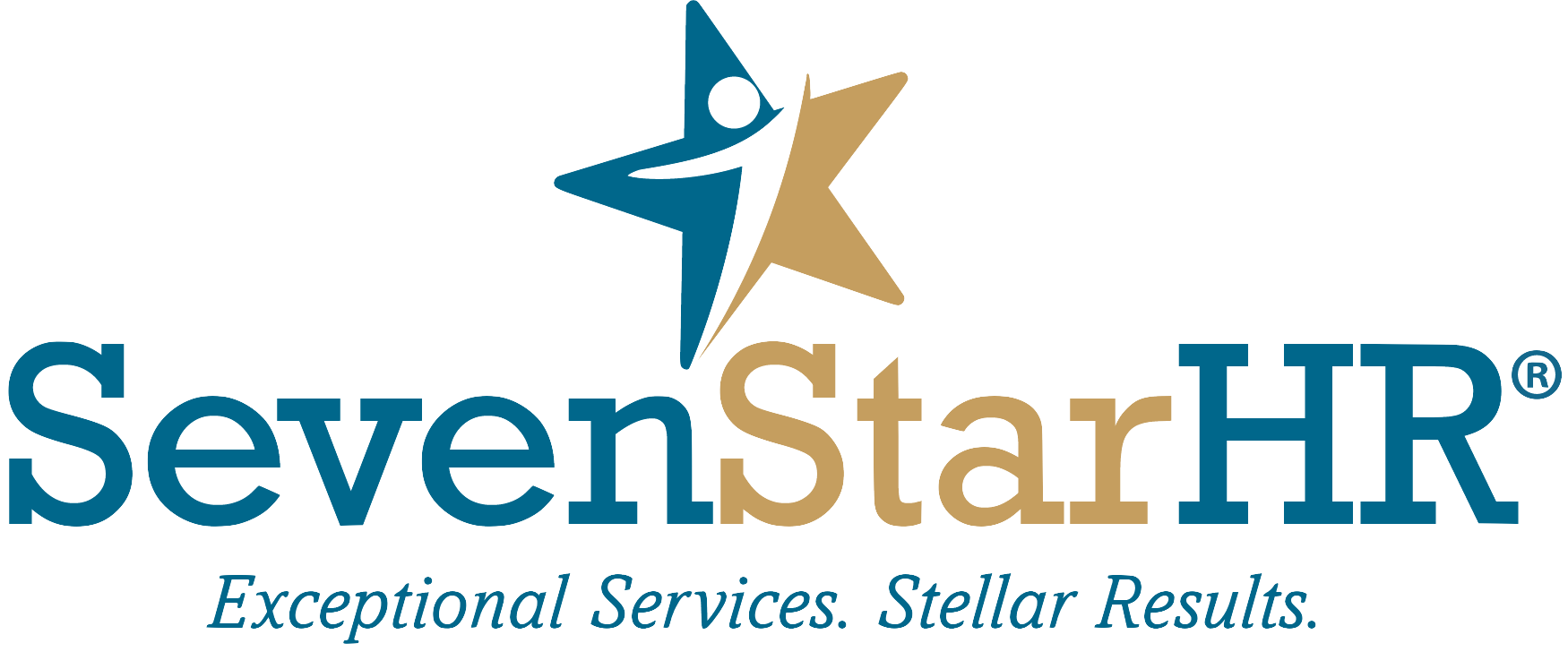The Future of Work: How AI is Reshaping HR Practices
Artificial Intelligence is no longer just a concept for the future—it’s already transforming how businesses operate, especially in Human Resources. From recruitment to employee engagement, AI is revolutionizing HR practices, making processes more efficient, data-driven, and personalized. But with these advancements comes an important question: How do we balance automation with the human element that HR is built on?
Let’s explore how AI is reshaping HR and what it means for the future of work.
AI in Recruitment: Finding the Right Candidates Faster
Gone are the days of manually soring through piles of resumes. AI-powered recruitment tools can now:
✅ Scan and filter resumes based on keywords, experience, and qualifications.
✅ Use candidate matching algorithms to identify the best fits for open roles.
✅ Reduce time-to-hire, allowing recruiters to focus on interviewing and relationship-building instead of administrative tasks.
The Impact: Companies using AI-driven recruitment see more diverse and better-qualified candidate pools, reducing hiring bias when implemented correctly.
Predictive Analytics: Anticipating Workforce Trends
AI doesn’t just help with hiring—it helps retain talent too. Predictive analytics uses data to:
🔹 Identify patterns in employee behavior to anticipate turnover risks before they happen.
🔹 Track engagement levels, so HR teams can intervene and improve morale before productivity suffers.
🔹 Provide real-time insights that help companies make smarter workforce decisions.
The Impact: Companies can take proactive measures to retain employees, reducing costly turnover and improving workplace satisfaction.
Personalized Training: AI-Driven Learning and Development
One-size-fits-all training programs are becoming obsolete. AI-powered learning platforms can:
🎯 Identify skill gaps and recommend tailored training for employees.
🎯 Adapt learning in real-time based on progress and engagement levels.
🎯 Provide interactive and engaging training experiences, from AI-powered chatbots to virtual simulations.
The Impact: Employees receive personalized, effective learning paths, improving their skills faster and increasing job satisfaction.
Bias Mitigation: AI’s Role in Fair Hiring and Promotions
One of the biggest challenges in HR is eliminating unconscious bias in hiring and promotions. AI can help by:
✔️ Standardizing candidate evaluations based on skills and qualifications rather than personal identifiers.
✔️ Analyzing patterns in hiring decisions to detect and correct biases.
✔️ Providing data-driven performance assessments, reducing subjective decision-making in promotions.
The Impact: When used correctly, AI can make hiring and promotions fairer, leading to more diverse and inclusive workplaces.
The Human Element: Keeping HR Personal in an Automated World
With all these AI advancements, one concern remains—how do we keep HR human?
While AI enhances efficiency and accuracy, it can’t replace:
💡 Empathy and emotional intelligence in employee relations.
💡 Genuine human connection in conflict resolution and leadership development.
💡 Cultural fit assessments that go beyond data-driven hiring.
The Future of HR: AI should be used as a tool to support HR professionals, not replace them. The most successful HR teams will be those that blend AI-driven insights with human experience and intuition.
The Takeaway: AI is Changing HR—But People Still Matter
AI is transforming HR from recruitment to employee engagement, from training to talent retention. But at its core, HR is about people—and that will never change.

